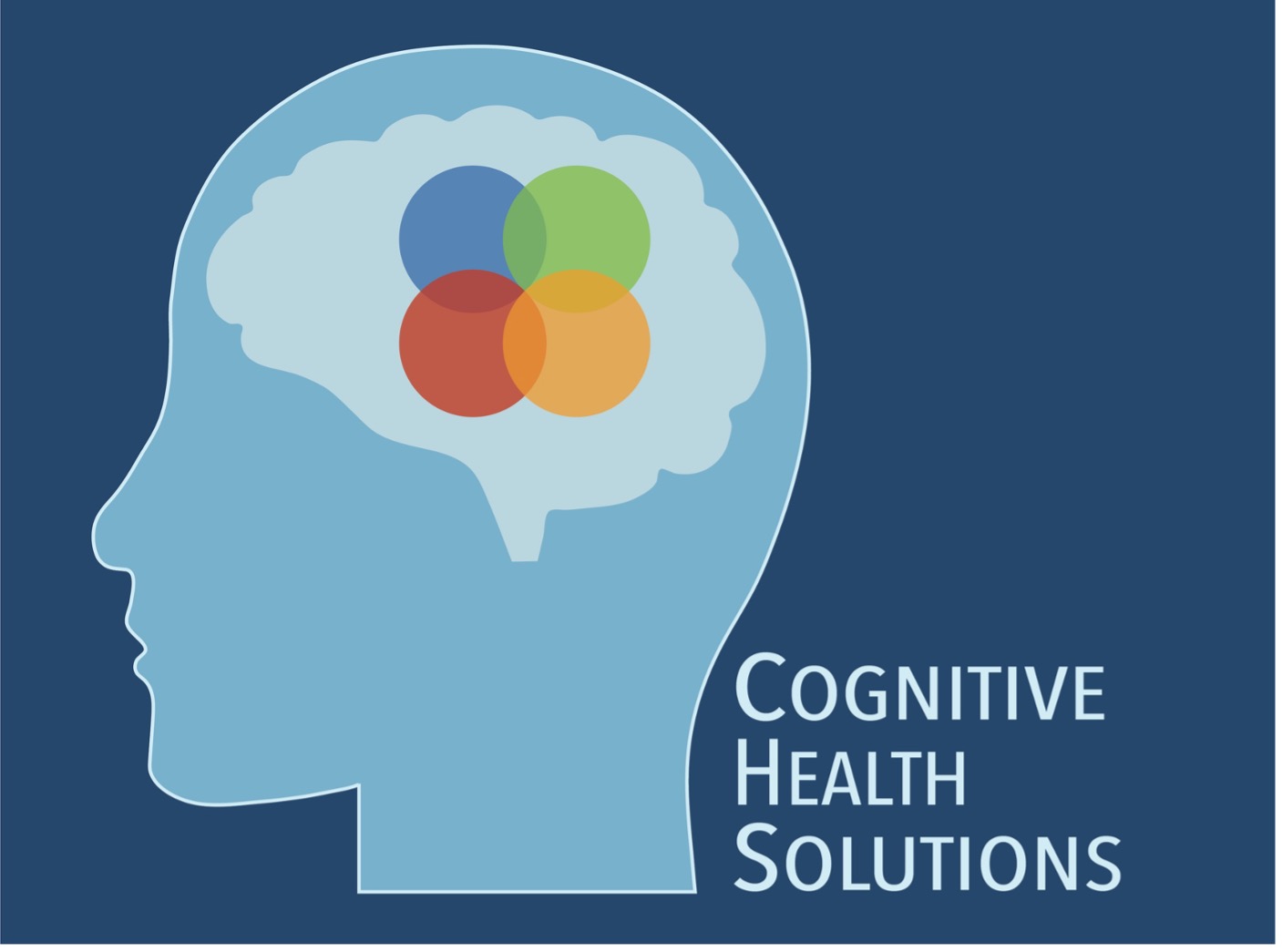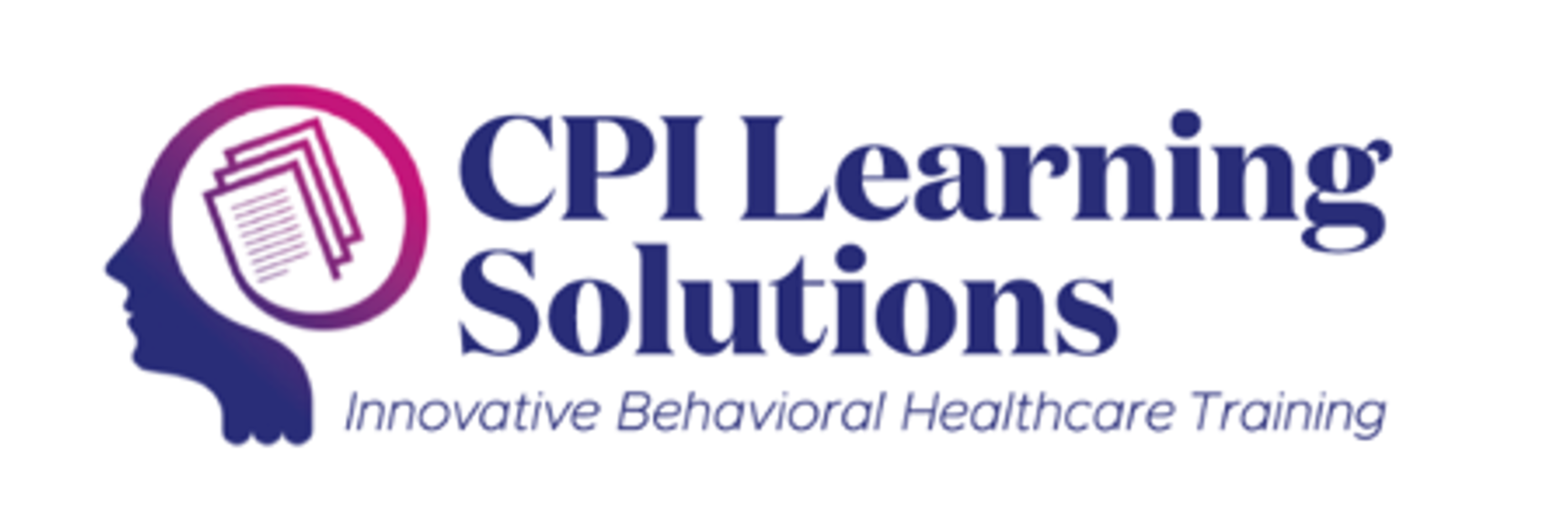CPI Initiatives
The CPI currently offers the following initiatives. Please click the links below to learn more.

ACT Institute: provides training and consultation to Assertive Community Treatment (ACT) programs across NYS.

Supported Employment: provides training and implementation supports in the Individual Placement and Support (IPS) approach to supported employment to PROS programs across NYS through learning collaboratives and on-site technical assistance.

OnTrackNY is an innovative treatment program for adolescents and young adults who are experiencing their first episode of psychosis. In order to be eligible for the program, participants need to be between the ages of 16 and 30 and have recently begun experiencing psychotic symptoms such as hallucinations, unusual thoughts or beliefs, or disorganized thinking for more than a week but less than 1 year.

Focus on Integrated Treatment (FIT): provides online training modules and web-based implementation supports to OMH- and OASAS-licensed programs providing integrated treatment for mental health and substance use problems.

Wellness Self-Management (WSM): provides online training and workbooks to OMH-licensed programs that are enrolled in the WSM practice improvement network and OMH- and OASAS-licensed programs that are enrolled in the WSM+ learning collaborative.

The Suicide Prevention-Training, Implementation and Evaluation program (SP-TIE) aims to reduce suicidal behavior and suicide across New York State through consultation, training and implementation of evidence-based practices. Our training is delivered via in-person and distance-learning modalities. Trainers include both staff of the Center for Practice Innovations and other expert consultants.

A unified state‐of‐the art web‐based training for Medicaid managed care network providers in clinical core competencies and evidence‐based practices for mental health and substance use disorder services.

Participation in this training program has been standardized to meet core training requirements for Adult BH HCBS providers. The training program offers opportunities to better understand how to engage members in HCBS services, what the HCBS services are and how to deliver them.

Improving Providers’ Assessment, Care, Delivery and Treatment of OCD (IMPACT-OCD) will focus on helping providers identify and treat individuals with OCD. Together with the New York State Office of Mental Health Division of Adult Services and the Division of Integrated Community Services for Children and Families, CPI and the Center for OCD and Related Disorders are developing an online educational training program for front-line providers in state-operated and licensed clinics.

I-CONECT’s focus is to establish ongoing engagement, ensure integrated care, identify best practices, share core competencies, provide information, and create training opportunities that include cultural humility, person-centeredness, recovery, and trauma informed approaches for care managers throughout New York State.

Cognitive Health Solutions provides resources to help people with psychiatric illnesses stay cognitively fit, so they can function as independently and productively as possible.
Many psychiatric disorders cause people to experience cognitive difficulties, for example they may find it harder to stay focused or remember. That can interfere with best functioning at work, school and daily life. At Cognitive Health Solutions, we train people to identify when cognition needs to be a treatment focus, and we teach specific techniques to improve cognitive functioning. With videos, manuals and other web based resources, clinicians will find solutions to addressing their client’s cognitive health needs.

The Center for Practice Innovations’ Crisis Response Engagement and SkillsTraining New York (CRESTNY) Institute, in collaboration with the New York State Office of Mental Health, provides training and implementation supportfor the crisis workforce in the New York State behavioral health system.

The Center for Practice Innovations (CPI) delivers a wide array of trainings in evidence-based practices and core clinical competencies. CPI uses innovative methods to develop over 140 E-learning courses in behavioral healthcare available in our learning management system (LMS). We work with instructional designers, courseware developers, video journalists, and implementation and behavioral health experts to create microlearning-based training. We design our training to inspire learners and disseminate knowledge using interactivity and buy-in through personal recovery and impact stories.